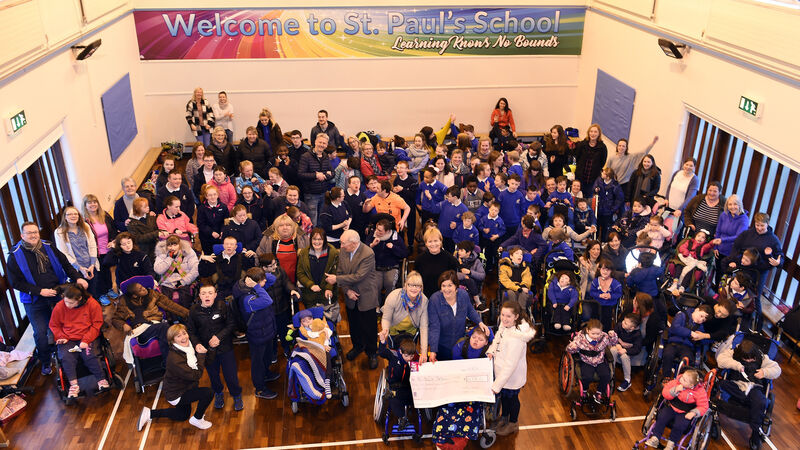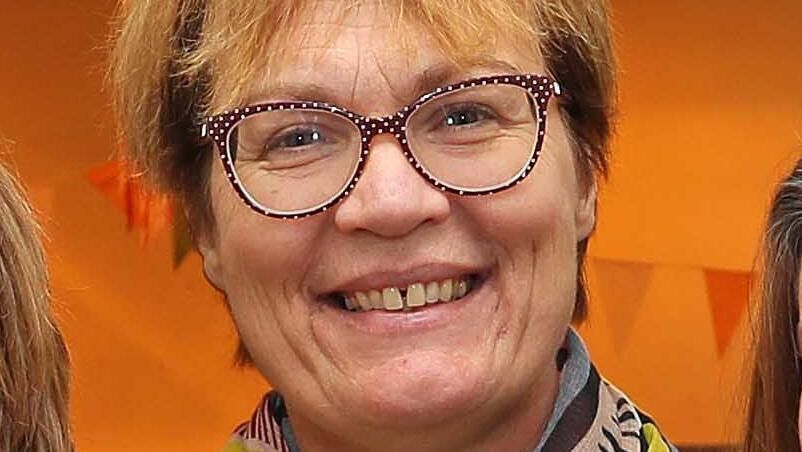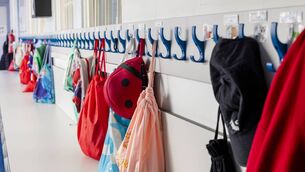Cork special school still awaits therapists despite Government promises

St Paul’s children are aged four to 18. Some 47 children have a moderate intellectual disability and 48 children have a severe or profound intellectual disability. File picture: Larry Cummins
No therapists have been placed in a Cork special school despite Government promises that some would be reinstated from September.
Anne Hartnett, principal of St Paul’s special school in Montenotte, Cork, which cares for some of the country’s most vulnerable and medically complex children with intellectual disabilities, said that none of their children have had any meaningful therapeutic input from the HSE since 2018.
All of the children’s “most basic of life skills” have now been impacted by the lack of therapists, Ms Hartnett said.
St Paul’s children are aged four to 18. Some 47 children have a moderate intellectual disability and 48 children have a severe or profound intellectual disability.
But many of the children have complex additional needs, including being peg fed, hearing or sight disabilities, and behavioural or physical disabilities with many wheelchair users. St Paul’s was “chosen” as one of just six special schools to have their therapists that were removed in 2018 reinstated.
Family’s hopes were raised “yet again” that their children would get some of the specialist care they desperately need, only to be dashed by the Government’s failure — again — to recruit staff, parents said.
“Our children need hands-on therapeutic intervention every single day,” Ms Hartnett said. “I have 12, 13-year-olds here who have not had a one-to-one SLT [speech and language] session.
“We are very fortunate because of the fundraising of our parents that we were able to engage a private SLT and a private OT short term.
Ms Hartnett said that the school needs four speech and language therapists, three physiotherapists and three occupational therapists five days a week.
All meaningful therapeutic supports were withdrawn from the school in 2018 under the HSE’s re-organisation of disability services called Progressing Disabilities.
“And these children are not going home to play hurling or football or call up to their friend up the road. The school is the mainstay of their lives outside their homes.
“It's just it's not fair. Our most vulnerable in society, look how we treat them. It is not rocket science to fix this,” she said.
“And we're less than 2% of the entire school-going population so we would be so cheap to fix."
The National Association of Special School Principals (NASSP) was launched in February to try to be a voice for pupils with additional needs, she said.

Ms Hartnett suggested appointing that body to oversee and arrange placement of therapists, rather than the HSE which is completely failing to manage it effectively, she said.
Although frontline staff do their best, the system is broken, Ms Hartnett said. The primary problem in the HSE is the complete lack of communication, Ms Hartnett said.
St Paul’s was one of four Cope Foundation schools to benefit from a generous gift of €50,000 each from a mystery donor this week. The mystery donor has gifted what is believed to be more than €500,000 to multiple Cork schools and charities.
The Department of Children, Equality, Disability, Integration and Youth said that while recruitment and retention of staff is a challenge across the sector overall, a significant priority for Government is filling vacancies within the 93 Children’s Development Network Teams (CDNTs).
The 2023 CDNT Staff Census displayed an average vacancy rate of 36% nationally. The HSE said that the next Children’s Disability Network Team Staff Census and Workforce Review 2023 will take place on Wednesday, October 16.
"The HSE is looking at a range of initiatives to encourage recruitment and retention, including paid career breaks where averaged pay is spread out over a range of years," a statement said.














